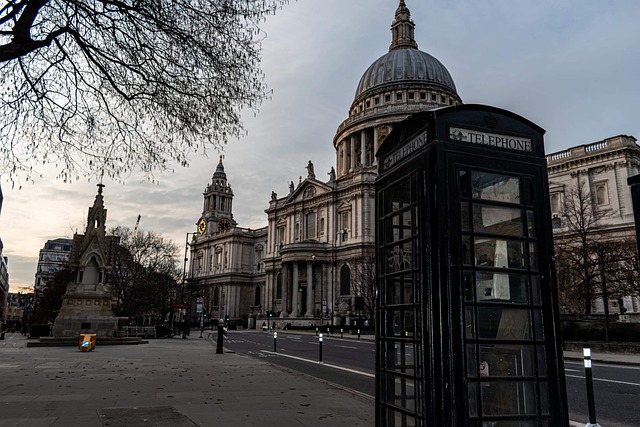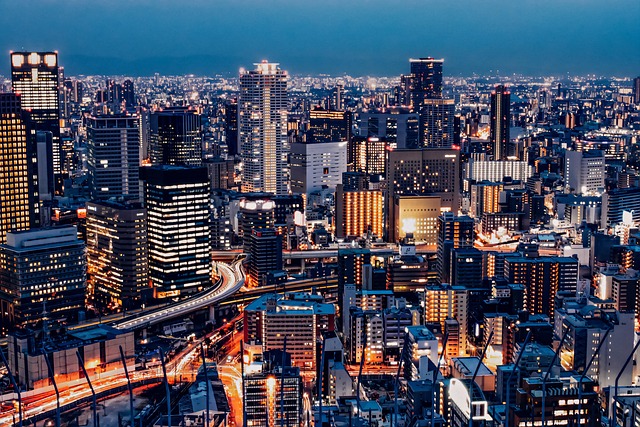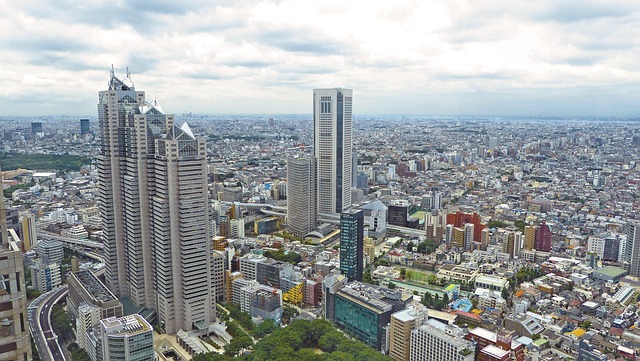In Karachi, Pakistan's economic hub, navigating the bustling streets reveals a complex cultural tapestry woven with historical remnants. This dynamic metropolis, with its colonial past and modern innovations, invites exploration through its vibrant markets and historic landmarks. To embrace a greener future, Karachi's Frere Town implements effective recycling processes, encouraging residents to sort paper, plastic, glass, and metal at home and utilizing designated collection points. The city's innovative waste management initiatives aim to preserve natural resources, reduce carbon emissions, and foster a circular economy, positioning Karachi as a model for sustainable practices.
“Exploring the Impact and Potential of Recycling Centers in Karachi’s Frere Town
Karachi, Pakistan’s bustling metropolis, is witnessing a quiet revolution with the rise of recycling centers. This article delves into the crucial role these centers play in shaping the urban landscape of Karachi. We’ll navigate the inner workings, providing a comprehensive guide for residents of Frere Town to understand and participate in the recycling process. Furthermore, we’ll explore the environmental implications and future prospects of Karachi’s recycling initiatives, highlighting the city’s commitment to sustainability.”
- The Role of Recycling Centers in Karachi's Urban Landscape
- Navigating the Recycling Process: A Guide for Frere Town Residents
- Environmental Impact and Future Prospects for Karachi's Recycling Initiatives
The Role of Recycling Centers in Karachi's Urban Landscape

Navigating the Recycling Process: A Guide for Frere Town Residents

Navigating the recycling process in Karachi’s Frere Town is a step towards a greener future for our vibrant city. Residents can play a crucial role in managing waste responsibly by understanding what and how to recycle. The first step begins at home, sorting your waste into categories like paper, plastic, glass, and metal. These materials are then gathered separately and prepared for recycling.
Frere Town has designated collection points where residents can drop off their recycled items. It’s important to remember what can be recycled: paper products (newspapers, magazines), certain types of plastics (with the right symbols), glass bottles and jars, and metallic cans. What’s not recyclable includes food waste, plastic bags, and broken glass. By adhering to these guidelines, Frere Town residents can actively contribute to Karachi’s recycling efforts, making a positive impact on our environment.
Environmental Impact and Future Prospects for Karachi's Recycling Initiatives

Karachi, as Pakistan’s bustling metropolis, faces significant environmental challenges, but its recycling initiatives offer a glimmer of hope for a sustainable future. The city’s recycling centers play a pivotal role in mitigating waste and reducing the environmental impact of rapid urban growth. These facilities not only contribute to the circular economy by repurposing materials but also help in preserving natural resources and reducing carbon emissions.
Looking ahead, the prospects for Karachi’s recycling initiatives are promising. With increasing awareness among citizens and advancements in technology, there is potential for a more comprehensive and efficient waste management system. By encouraging segregation at source, improving collection networks, and fostering public-private partnerships, Karachi can become a model city for sustainable waste management. The key lies in balancing the economic benefits of recycling with environmental stewardship, ensuring a healthier and greener future for its residents.
Recycling centers play a pivotal role in shaping Karachi’s urban environment, offering a sustainable solution to waste management. By understanding the recycling process and its benefits, Frere Town residents can actively contribute to the city’s eco-friendly initiatives. The positive environmental impact of these programs promises an exciting future for Karachi, where responsible disposal practices could lead to a cleaner, greener metropolis.



